When poverty kills
Venezuela
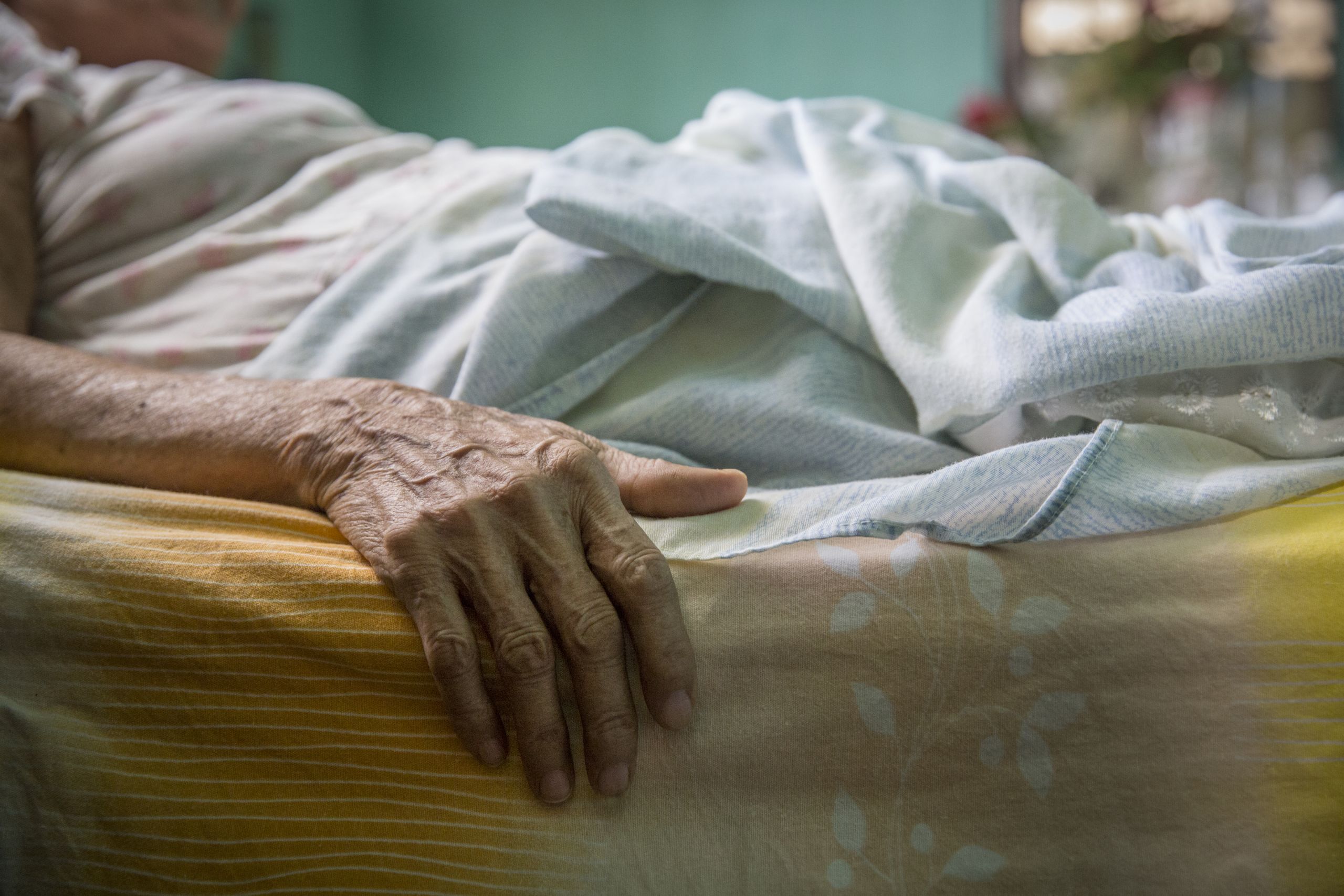
Before the crisis, Lorenza Fond lived a typical middle-class life with her husband Herezio. They had a secure income and a nice house. But then life took a new turn .
Over the course of fifty years, Venezuela has gone from being the world’s largest oil exporter to a country in deep crisis. One in ten residents have left the country due to hyperinflation, commodity shortages and political and social unrest.
| Facts: From oil wealth to bottomless poverty |
| Since the 1920s, oil resources provided Venezuela with rapid economic development, and from 1928 to 1970 Venezuela was the world’s largest oil exporter. However, this has also suppressed most other industries in the country, making Venezuela extremely vulnerable to falling oil prices – like what happened in 2014. |
| As a result of the fall in oil prices, poor governance, political conflict and corruption, Venezuela was thrown into its biggest ever financial crisis in 2015. The import of of food, medicines and other basic goods collapsed, with enormous social and humanitarian consequences – and massive emigration. In 2018, inflation was over one million per cent. In 2019, inflation is expected to be 10 million per cent. At the beginning of this year, a family needed almost two annual salaries (at minimum wage) to cover one month’s worth of food. This means that even people with good jobs are having trouble paying for food, household items and health services, in what was once one of South America’s richest countries. |
| Source: The Great Norwegian Encyclopedia |
This is the story of those who remained behind. Those who are too sick to travel. Those who can’t afford the trip. And those who cling to what little they have to survive.
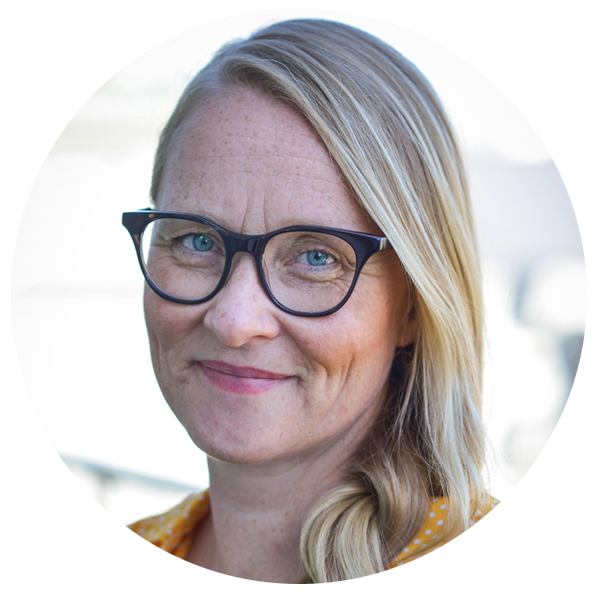
Norwegian Refugee Council (NRC) photographer Ingebjørg Kårstad has documented many humanitarian crises, but her encounter with those most severely affected by the crisis in Venezuela was overwhelming.
“NRC works in some of the most war-torn countries in the world, where innocent civilians are hit by air strikes, road bombs and attacks by armed groups. But there is no war in Venezuela. Here, hyperinflation and the lack of food and medicine are having deadly consequences and people are forced to leave their homes.”
And it is the weakest who are hit hardest. Children are starving. Children are out of school. The elderly and infirm cannot afford essential medicines. Today, 2.8 million people are in need of health care. This has led to otherwise easily treated diseases having deadly outcomes.
Bottomless poverty
“Meeting Lorenza and Herezio was heart wrenching. They had lived a safe and good life and had a stable financial situation. By now, inflation has thrown the family into bottomless poverty. Herezio, had been afflicted with cancer, but without money for medication or treatment he was basically sentenced to death.
His wife Lorenza also became bedridden. In December last year, a dog bit her leg. This small bite wound developed into an infection, and Lorenza needed an operation and was hospitalised for fifteen days. She had to buy absolutely everything she needed for her treatment. The hospital didn’t even have gauze.
Bad news
Herezio looks over at his wife lying in the next bed.
“In recent weeks, they had been lying side-by-side in the sweltering, blue-painted room, trying to digest the hard news about Herezio’s health,” says Kårstad.
It took over two years from when Herezio first went to the doctor until he received the verdict: cancer. He went to see the doctor because he felt something was wrong with one leg, but the doctor told him that there was nothing to worry about. Herezio was persistent in trying to find out what was wrong with him. Only in May this year did he receive the news he feared: there was a malignant tumour in his right leg.
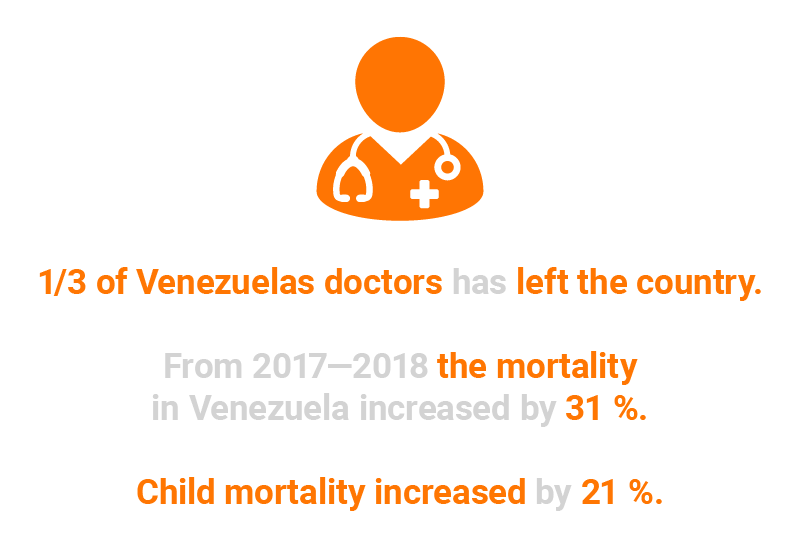
Waiting for death
“When I met him, his right leg was twice the size of the left, and he was clearly in pain. He was given antibiotics for the leg, but no treatment for the cancer. The family simply didn’t have enough money.”
She last spoke to Herezio in late May. At that time, he had a doctor’s appointment scheduled for 11 July.
“Less than a week later, on 4 June, I learned that Herezio was dead. Lorenza was inconsolable. With the help of good neighbours and a small grant from the authorities, she managed to raise enough money for a dignified funeral.”
The young and the healthy left first
When the crisis hit, it was young men who left the country first, hoping create a better and more secure future.
“But now we see that whole families and women with children are trying to get out of the country. They have very little money and need protection. But it is often the weakest and those with the least resources who remain behind,” explains Kårstad, and she has been working to give a face and a voice to precisely these people.
In grief
The experienced photographer tells of her encounter with the Urbaneja family, who had just lost their little daughter:
“The mother, Joseides Urbaneja (21), was deep in sorrow. The family of six had become five. She and her husband had lost their youngest daughter, just nine months old.”
The problems started right after their daughter was born, with diarrhoea and vomiting. She couldn’t sleep and her parents took her to the doctor, but they couldn’t afford medication.
“Joseides showed me a mobile photo of her tiny, thin daughter just before she died, but most of all she wants to forget. The thought of her daughter’s death was unbearable.”
About 3.7 million people are suffering from malnutrition. A 2017 survey found that 22 per cent of children under the age of five were suffering from chronic malnutrition.
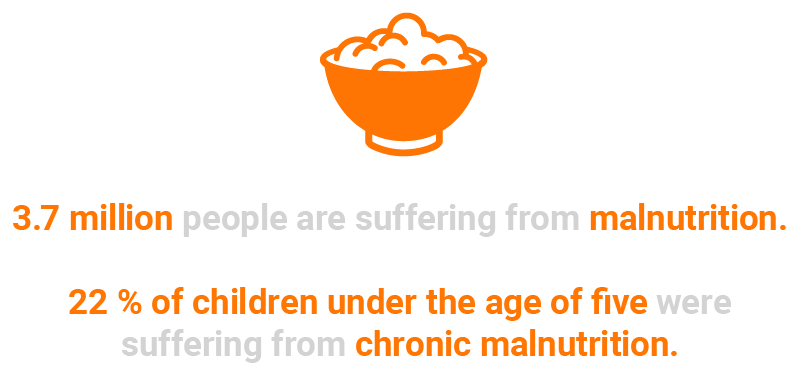
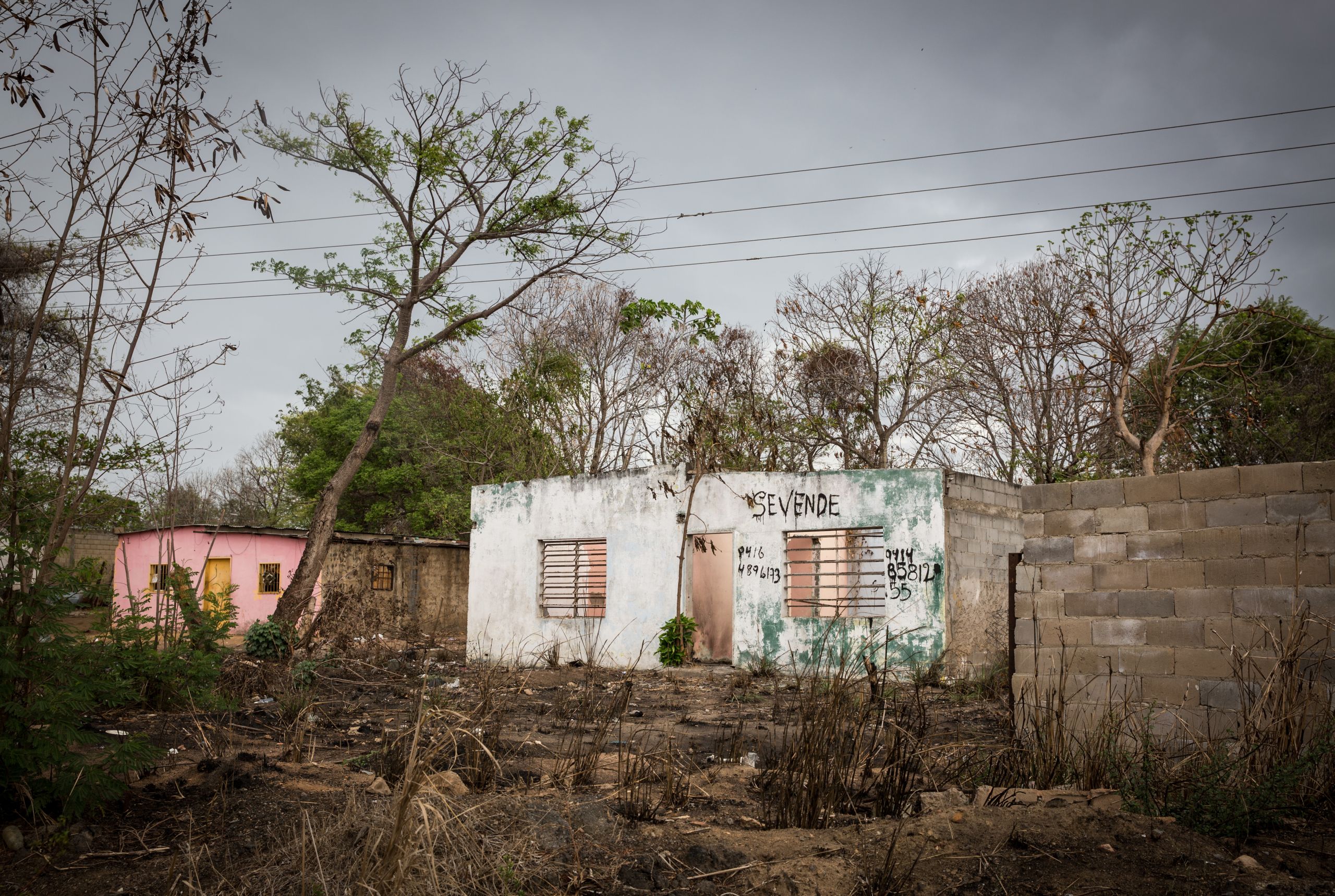
A COMMON SIGHT: Abandoned houses are a common sight in a country where every tenth inhabitant has emigrated.
A COMMON SIGHT: Abandoned houses are a common sight in a country where every tenth inhabitant has emigrated.
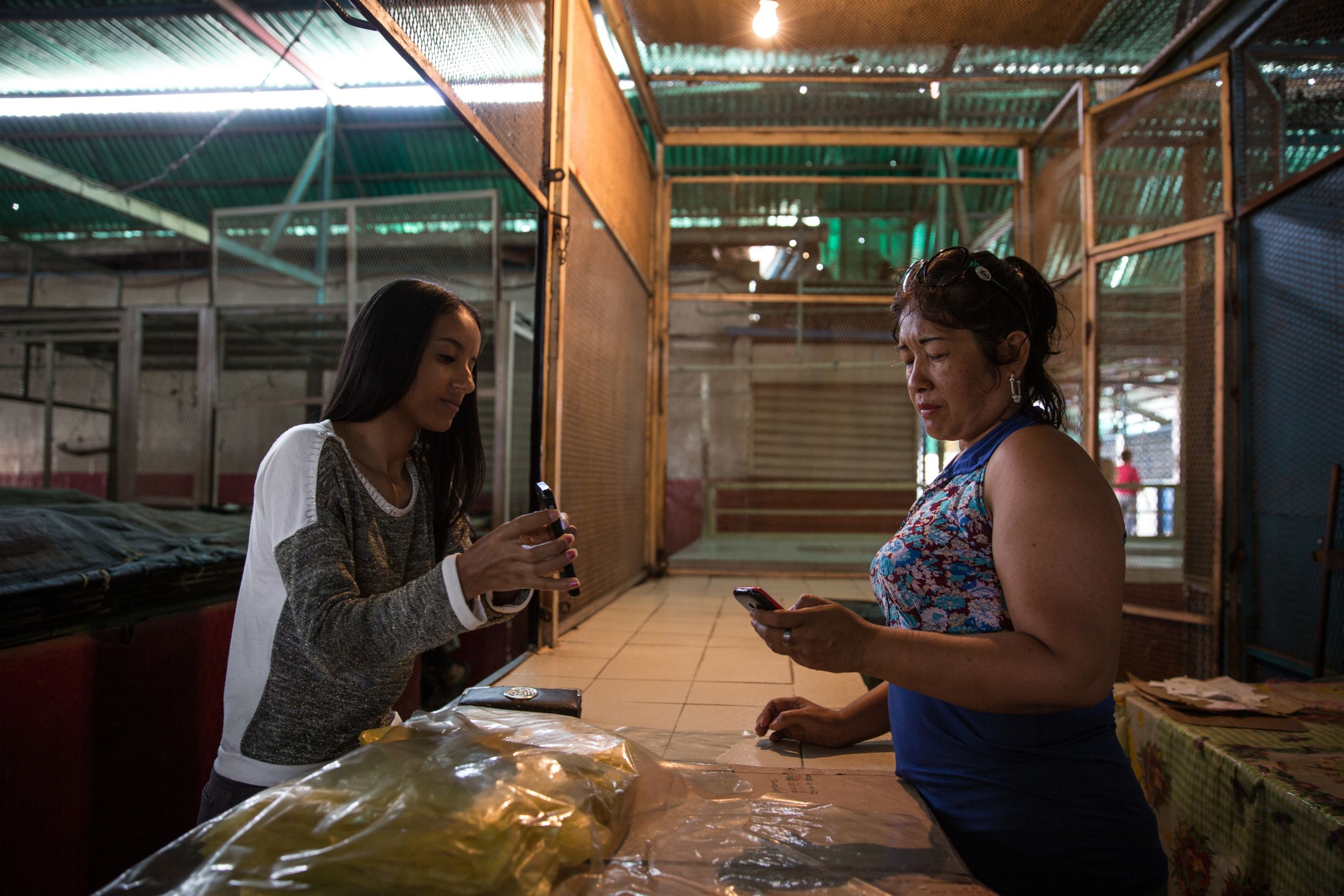
PAYING THROUGH AN APP: Vanessa Munoz, 23, (left) is at the market to buy bread. She pays with an app on her mobile phone. Hardly anyone uses the worthless banknotes anymore.
PAYING THROUGH AN APP: Vanessa Munoz, 23, (left) is at the market to buy bread. She pays with an app on her mobile phone. Hardly anyone uses the worthless banknotes anymore.
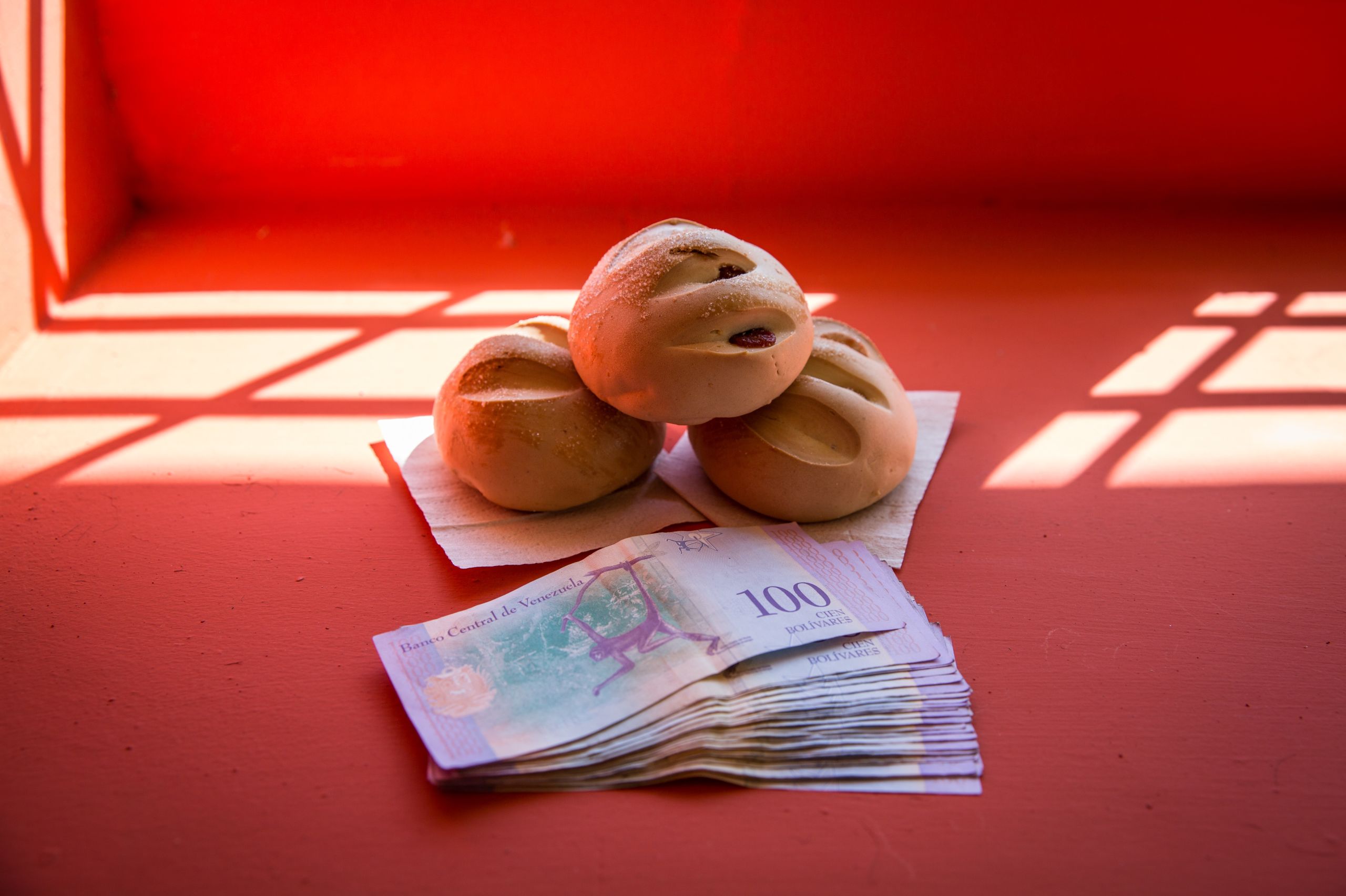
INFLATION: This was the price of three buns in May 2019.
INFLATION: This was the price of three buns in May 2019.
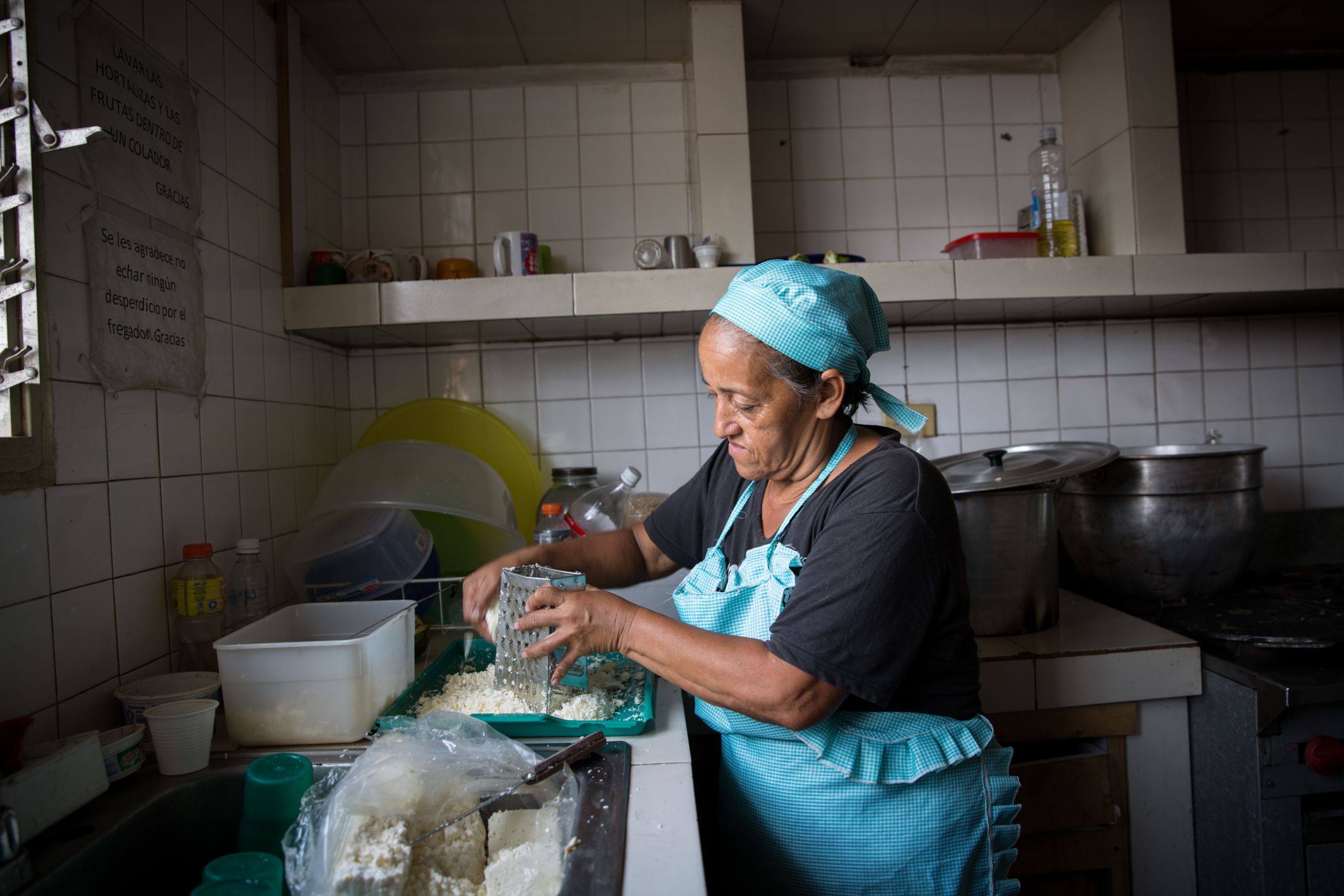
Sabina Florez, 59, in full swing in a school kitchen in Caracas.
Sabina Florez, 59, in full swing in a school kitchen in Caracas.
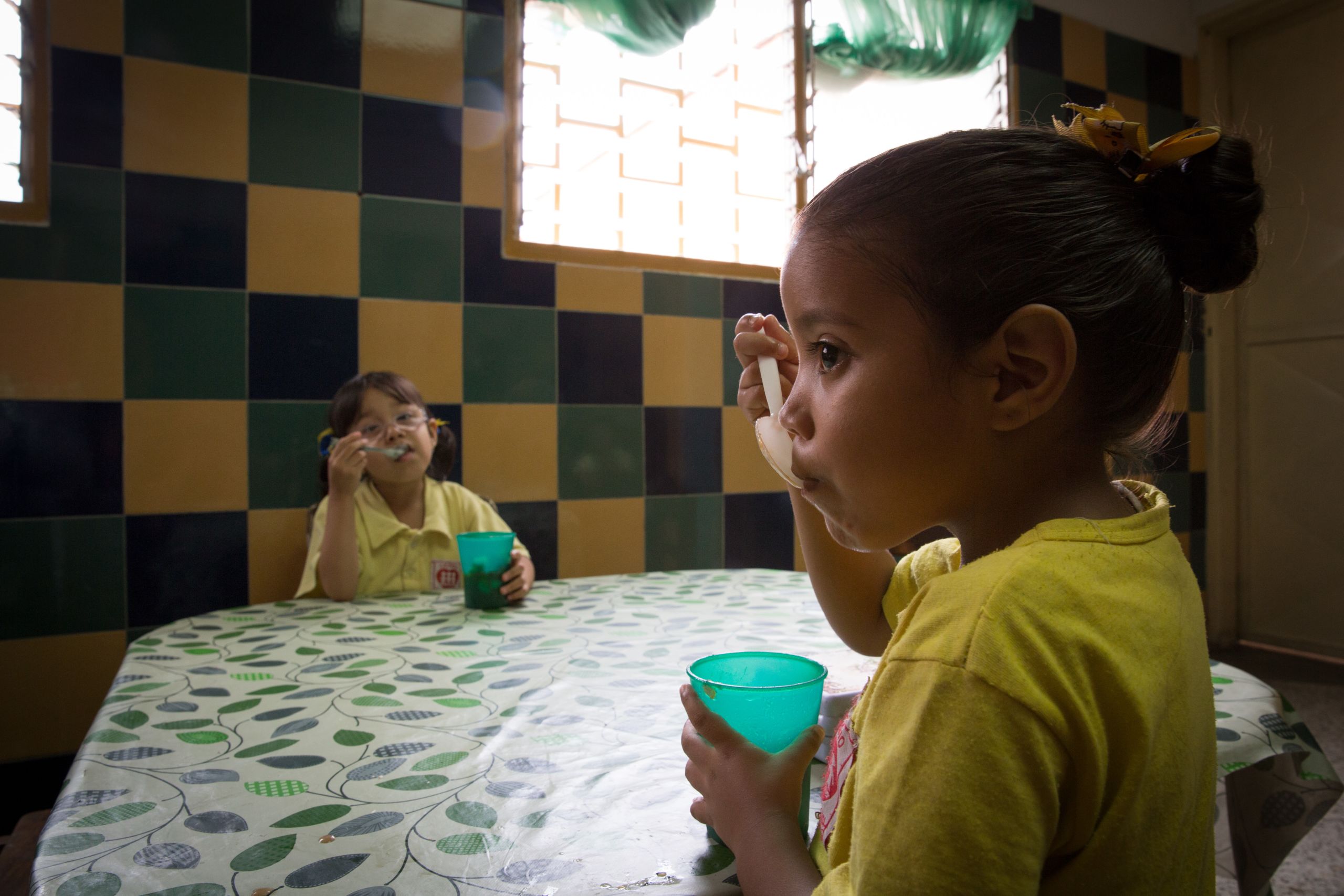
MOUTHS TO FEED: Hengerly, 4, and Samatha, 3, enjoy a free meal at a school in the Petare district of the capital Caracas. This is one of the projects that NRC supports in Venezuela.
MOUTHS TO FEED: Hengerly, 4, and Samatha, 3, enjoy a free meal at a school in the Petare district of the capital Caracas. This is one of the projects that NRC supports in Venezuela.

A COMMON SIGHT: Abandoned houses are a common sight in a country where every tenth inhabitant has emigrated.
One in ten have already left the country
The crisis has already forced more than 4.3 million people to leave the country since 2015. That’s over ten per cent of the population. If nothing is done to improve the country’s economic situation, there is a risk that over eight million people will leave Venezuela by the end of next year, according to a report by the Organization of American States (OAS). Only war-torn Syria can point to grimmer figures.
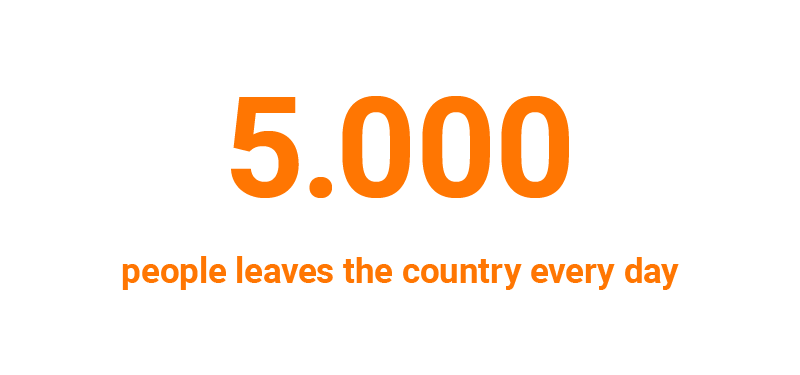
Hyperinflation

INFLATION: This was the price of three buns in May 2019.
The situation in Venezuela is deteriorating rapidly. The International Monetary Fund (IMF) estimates a possible inflation of as much as 10 million per cent in 2019. A December 2018 study by ENCOVI shows that an average family needs 23 monthly salaries (at minimum wage) to cover their food expenses for one month.
“Only a few stalls are open at the market in Puerto Ordaz, and customers are few and far between,” Kårstad says.
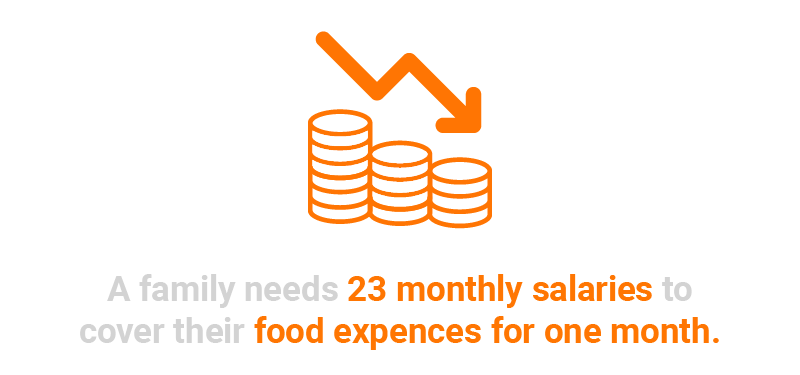
Raquel Salazar, 46, is one of the very few remaining vendors. Some days she only sells a couple of loaves of bread, earning only 2,000 Venezuelan Bolivars. This corresponds to approximately 0.00003 Norwegian kroner.
Vanessa Munoz, 23, bought bread. Like so many others, she paid with an app on her mobile phone. Hardly anyone uses the nearly worthless banknotes anymore.

PAYING THROUGH AN APP: Vanessa Munoz, 23, (left) is at the market to buy bread. She pays with an app on her mobile phone. Hardly anyone uses the worthless banknotes anymore.
Enormous need for help
The United Nations Office for the Coordination of Humanitarian Affairs (OCHA) has requested USD 223 million to secure access to food, water, health care and protection for 2.6 million people this year. This aid is aimed at the most vulnerable groups, but the organisation estimates that as many as about seven million people need humanitarian aid in the struggling country.
There is a great need for assistance in obtaining medicines and health services, food and clean water, education and protection of women and children in particular.

Sabina Florez, 59, in full swing in a school kitchen in Caracas.
Soup kitchen
“In the poverty-stricken district of Petare in the capital Caracas, I met Sabina Florez, 59, who was working at one of the school kitchens we support. Despite the fact that she, her husband and her daughter had paying jobs, they couldn’t make ends meet,” says Kårstad.

MOUTHS TO FEED: Hengerly, 4, and Samatha, 3, enjoy a free meal at a school in the Petare district of the capital Caracas. This is one of the projects that NRC supports in Venezuela.
She had therefore taken on the task of cooking for the students at a school. The project is run by a local humanitarian aid organisation with support from NRC. In return for her work in the kitchen, she receives a little food. In addition, she gets food from a soup kitchen run by other local organisations and occasional food boxes from the authorities.
More than one million children are out of school, and more than two million are in need of help to continue their education.

